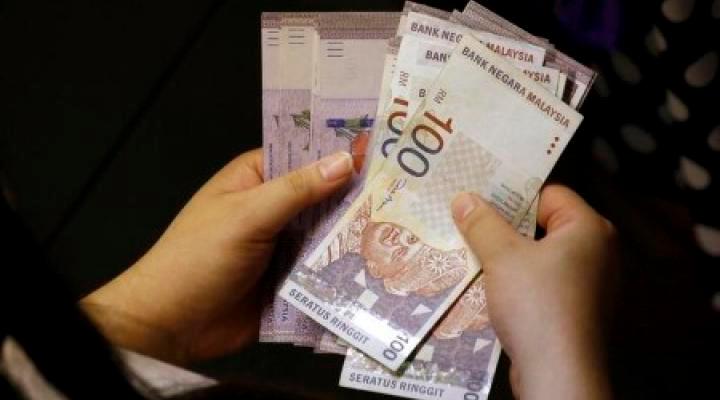PETALING JAYA: The inability of a majority of Malaysians to withstand a crisis is the biggest cause of concern for RinggitPlus’ co-founder and executive director, Hann Liew.
He said the RinggitPlus Financial Literacy Survey (RMFLS) 2020 found that 53% of the respondents are unable to survive on their savings for more than three months if they lose their source of income.
“With Covid-19 and the various lockdown measures implemented locally and abroad, it is important for us to highlight to the public that an emergency fund is the single most important thing needed to withstand a crisis, like the Covid-19 pandemic,” Liew told the media at a virtual briefing.
Aside from that, he said he found the attitude towards retirement to be worrying.
The survey showed 68% of the respondents believed their Employees Provident Funds (EPF) savings could only last for less than 10 years, while 70% stated that EPF savings alone are not sufficient for retirement.
The co-founder said that despite this awareness, 45% of those surveyed have not started any retirement planning.
“For us it’s about making this front and centre to the public, and letting them know although they are aware of the issue they have to do something about it.”
In regard to the call by the public to allow EPF members to dip into their retirement fund to weather the economic difficulties due to the Covid-19 pandemic, Liew opined that the fund is allocated for retirement and any actions taken will impact that purpose.
“If consumers really want to push for withdrawal from EPF’s Account 1, consumers have to ask whether they are willing to impact their future for the present,” he said.
For those who have withdrawn from their pension fund, the executive director recommended that they put the money back into the fund once their situation has normalised to enjoy the compounding interest, as it has provisions for overcontribution.
As for Budget 2021, the co-founder revealed that his wishlist revolves around an increased fiscal spending, direct stimulus measures to struggling groups and a specific tax relief to stimulate economic growth in specific hard hit areas of the economy.
He sees the increase in fiscal spending as a measure to save the overall economy, which will counteract the reduction in private consumption and the country has to ignore the deficit and the debt-to-GDP ratio this year, to a certain extent as other countries are pursuing such measures and Malaysia might get left behind if it does not follow suit.
Meanwhile, Liew proposed that there should be a stimulus measure to address the reduced income and employment due to the Covid-19 crisis, by way of job creation incentives such as Malaysia@Work or increase direct stimulus to the people via the Bantuan Prihatin Negara, which would to help sustained those who has had their income reduced.
Finally, he proposed a measure to stimulate consumer spending via tax incentives for things like domestic travel once restrictions on domestic travels have been lifted.
“We could encourage consumers to spend locally and save the local tourism industry with big tax incentives to do so.”









